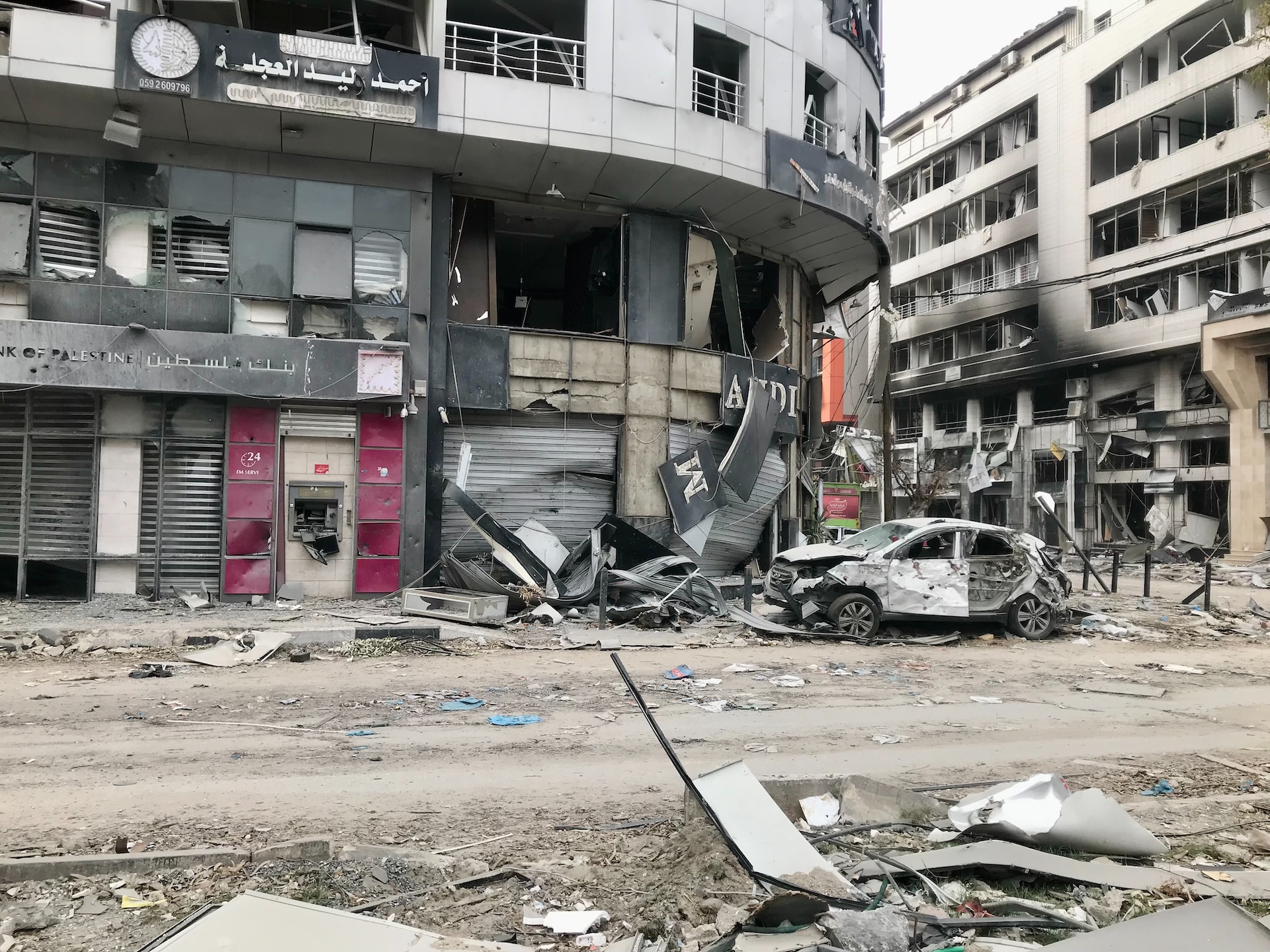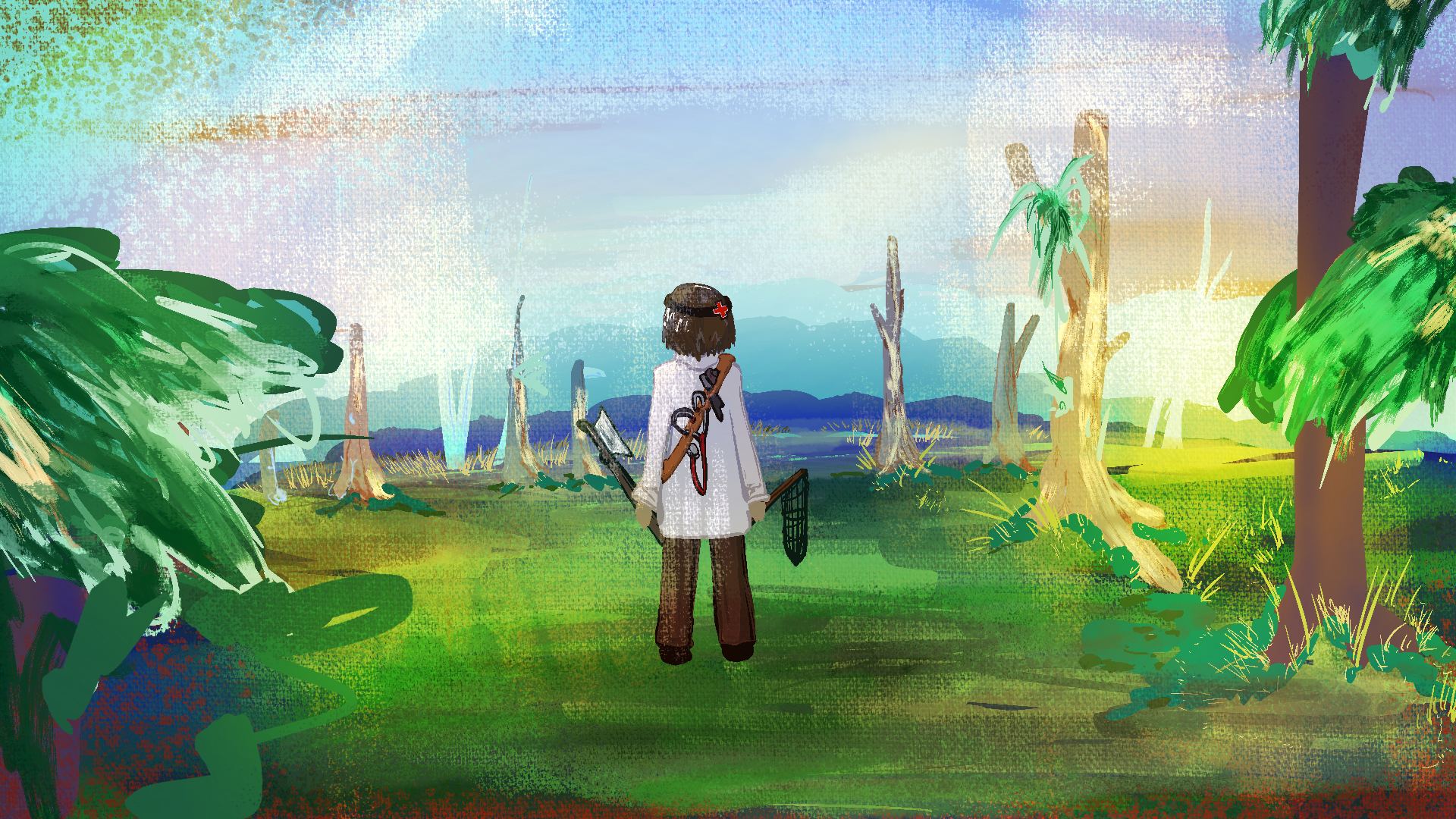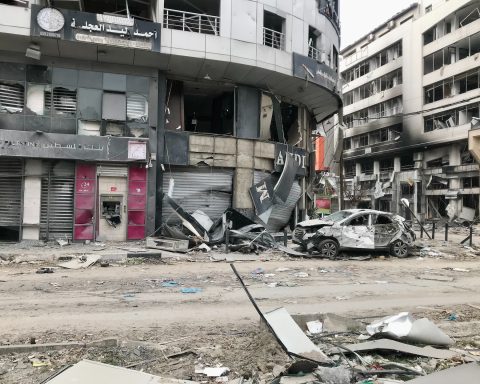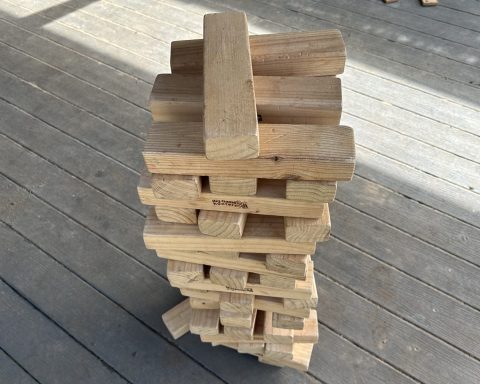Gene Feder OBE is a Professor of Primary Health Care at the Centre for Academic Primary Care, Population Health Sciences, Bristol Medical School.
Anwar Khan is an Honorary Professor at the University of East London and Medical Director for International Accreditation (Royal College of General Practitioners).
David Jewell is a retired GP and former Editor of the BJGP.
Sabena Jameel is an Associate Clinical Professor of Medical Professionalism and Academic Quality Lead at Birmingham Medical School.
Until the last century, news of war was indirect or delayed, unless we were soldiers on the battlefield or civilians in the killing fields. Today those affected by war narrate their traumatic experience directly onto social media. Our screens are filled with images of war’s immense human suffering. In Gaza today these images reflect the degradation of life under bombardment down to the base of Maslow’s hierarchy: sheer survival.
The situation is complex and tragic, with historical, political, and humanitarian dimensions.1 We are GPs working to further the development of family medicine in the occupied Palestinian territory, specifically in the West Bank, but with links to family medicine in Gaza through the United Nations Relief and Works Agency and through Medical Aid for Palestinians.
Many of us have friends and family in Israel and Palestine, which magnifies the horrors that we see on our screens given our personal connections with people over there. We cannot look away from the horror of the October 7th attack by Hamas on Israeli civilians, including children. At the same time, we cannot look away from the devastation of the Israeli bombardment and invasion of Gaza, and the increasing attacks on Palestinians on the West Bank. But what can we say from our position that can cast any light on the horror, not just in the current crisis but in the future?
“… only a complete ceasefire that allows aid to come into Gaza … can prevent a further public health catastrophe.”
We know that the current catastrophe has its roots in European antisemitism and colonialism, the growth of Zionism and Palestinian national identity, the Holocaust and the Nakba, and 56 years of occupation. Historical and political analysis is not our expertise; our focus is on health care amid and in the aftermath of conflict.
We have three responses to the current crisis. They are not unique to us but are informed by our work as GPs and connection to Palestinian primary care.
First, a plea for the protection of health care and health professionals amid the war: a fundamental humanitarian principle.2 We know that there is a global need for primary (and secondary) care every day. This need grows exponentially when people, including children, are hurt or killed by bullets, shrapnel, and collapsing buildings.
What we have seen in Gaza is the failure to protect health care: destruction of health centres and attacks on hospitals. Whatever its justification in the narrow terms of international law, the presumed presence of militants or soldiers in healthcare settings is no moral justification for killing patients and healthcare professionals. As doctors we can barely comprehend how our colleagues in Gaza continue to struggle to provide care for their patients without basic medical supplies and under bombardment.
Second, a plea for the preservation of public health amid war. We know that health care makes a contribution to health, but that this is dwarfed by good nutrition, clean water, adequate (at least) housing, and education.3 All of these essential pillars of public health are shattered in Gaza today. The short pause in the invasion has allowed some food and water to be provided to the million and a half displaced Palestinians, but nowhere near enough to preserve public health.4 Only a complete ceasefire that allows aid to come into Gaza, with an international commitment to re-build its basic infrastructure, can prevent a further public health catastrophe.
“We hope that … out of the ashes, there will be steps towards a lasting peace … “
Third, a recognition that in the aftermath of October 7th and the invasion of Gaza, the widespread direct and vicarious trauma in Israeli and Palestinian populations will result in permanent physical and emotional damage: the former in the shape of orthopaedic, neurological, and gynaecological (as a result of rape) harm, the latter in the form of widespread anxiety, depression, and post-traumatic stress disorder,5 which will also cascade down the generations.
Both populations already have their histories and lived experience of trauma. This latest stage of the conflict will add greatly to that burden and will require expert support and therapy. The resource for that support, particularly for the population of Gaza, was already severely lacking. We hope that out of the current catastrophe, providing that support will be part of the international response.
We continue our work in family medicine and advocate for the wellbeing of those affected by the conflict in the hope of contributing to the broader conversation on the importance of addressing health and humanitarian concerns during this catastrophe. However, the invasion of Gaza and the mass displacement of its population continues.
As doctors, with an explicit duty to care for all people in need,6 we hope that a ceasefire is declared soon, that hostages are released, that the task of rebuilding Gaza starts, and that — with the support of the international community — out of the ashes, there will be steps towards a lasting peace between two peoples in one land.
References
1. McGreal C. What are the roots of the Israel-Palestine conflict? The Guardian 2023; 16 Nov: https://www.theguardian.com/world/2023/nov/09/why-israel-palestine-conflict-history (accessed 19 Dec 2023).
2. Clement C. Civilians, health workers, and health facilities must be protected during conflict. BMJ 2023; 383: 2512.
3. Harris P, De Leeuw E. Infrastructure and health: laying down the big connections for well-being. Oxford Open Infrastructure and Health 2023; DOI: 10.1093/ooih/ouac002.
4. United Nations Office for the Coordination of Humanitarian Affairs. UN relief chief: ‘Intolerable’ humanitarian situation in Gaza cannot continue. 2023. https://www.unocha.org/news/un-relief-chief-intolerable-humanitarian-situation-gaza-cannot-continue (accessed 19 Dec 2023).
5. Roberts B, Damundu EY, Lomoro O, Sondorp E. Post-conflict mental health needs: a cross-sectional survey of trauma, depression and associated factors in Juba, Southern Sudan. BMC Psychiatry 2009; 9: 7.
6. World Medical Association. WMA Declaration of Geneva. 2018. https://www.wma.net/policies-post/wma-declaration-of-geneva (accessed 19 Dec 2023).
Featured photo by Emad El Byed on Unsplash.









Hope amidst fear and catastrophe. Thank you for this very coherent summary and a blueprint for the way forward. We stand for peace and rebuilding and healing through the generations.
The desription is thorough and precised offering necessary insight into current situation at Gaza.
Thank you all for a coherent and thoughtful piece bringing together an impact summary of this terrible situation
Thank you for a precise summary of the genocide unfolding in Palestine
[…] Deputy Editor’s note: see also – https://bjgplife.com/israelpalestinewar/ […]